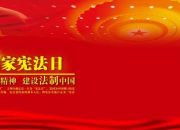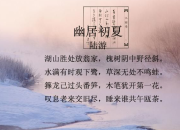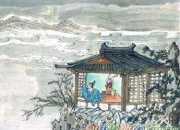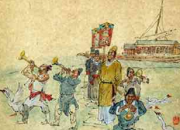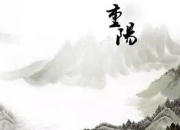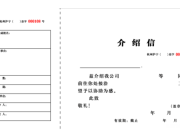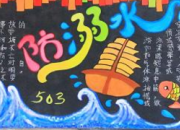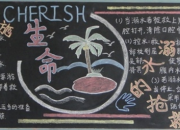2015年乞巧节英语作文:七夕的由来
时间:2021-08-31七夕情人节指的是农历七月的第七个夜晚,这个节日是汉代传统的民间节日。七夕的晚上不仅仅是传说中的"牛郎"和"织女"一年一度相会的夜晚,同时也是为编制姑娘们祈求心灵手巧的好机会。因此,七夕节又叫"乞巧节","女儿节"。尽管七夕节不如其它节日那般流行,但是在中国,男女老少都对节日背后的故事相当熟悉。 The Double Seventh Festival refers to the seventh night of the seventh lunar month. It is a traditional folk festival of the Han people. This night is not only the time when the legendary Cowherd and the Girl Weaver are supposed to have their annual meeting, but also a good opportunity for women to pray for the Girl Weaver for the purpose of seeking dexterity. Therefore, this festival is also named " Maiden's Day", " Daughter's Day". The day is not as well-known as many other Chinese festivals. But almost everyone in China, young or old, is very familiar with the story behind it.

很久以前,有一个放牛娃名叫牛郎,父母早亡,只好跟着哥哥嫂嫂度日。然而,哥哥嫂子为人狠毒,经常虐待他。他们逼牛郎干苦活,不让他吃饱睡好,最后又把他赶出了家门,牛郎除了身上的衣服和一头老水牛外,一无所有。 Once upon a time, there lived a poor cowherd, Niulang, whose parents had died long before. He had to live together with his elder brother. Unfortunately, his brother and his sister-in -law were very mean and often treated Niulang very badly. They would not give him enough food to eat, and made him work so hard that he hardly had time to sleep. Finally, they kicked him of their home. All he had in the world were the clothes on his back and an old ox.
牛郎在山边搭了间茅草屋,辛勤开垦,在岩石地上挖出了一片菜园,他常常饥肠辘辘,劳累不堪,但把老水牛照顾得好好的。一日,牛突然说话了,它告诉牛郎说自己前身是天上的金牛星,由于违反了天条把粮食种子撒到了人间,天帝将它贬到人间以示惩罚。老牛说,过几天,天上的仙女会下凡到离茅草屋不远的圣池里游泳,其中有一个勤劳善良、美丽贤惠的姑娘,名叫织女。


